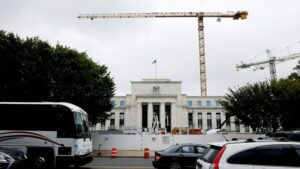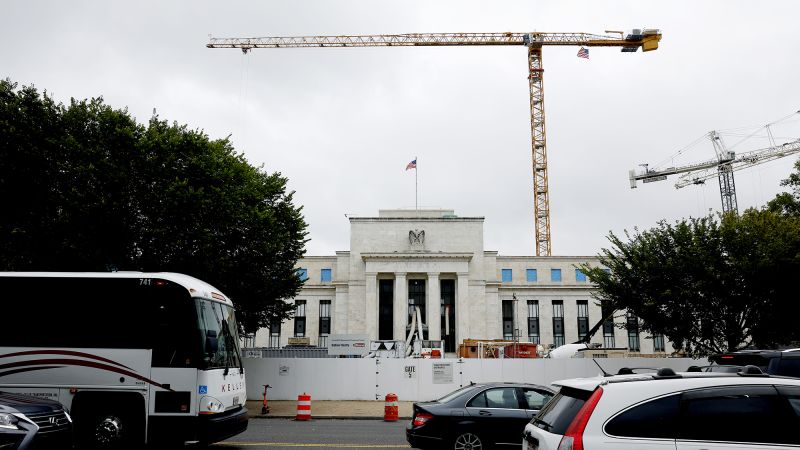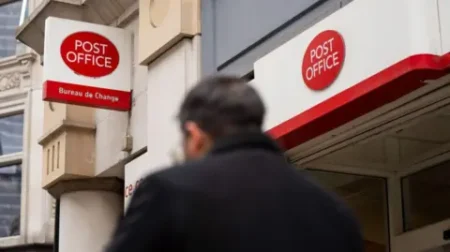Federal Reserve Chair Jerome Powell has recently initiated a significant step toward enhanced accountability within the institution. He has formally requested the central bank’s inspector general to conduct a review of the ongoing renovation project at the Federal Reserve’s headquarters located in Washington, D.C. The renovation, which carries a hefty price tag of approximately $2.5 billion, is under scrutiny due to concerns regarding its escalating costs and the lavish nature of the upgrades being proposed. This request, made a few weeks ago according to a source familiar with the situation, signals the Fed’s recognition of the need for transparency in the management of taxpayer resources.
The backdrop to Powell’s request is a congressional hearing that took place last month, during which he faced intense questioning from Senate lawmakers. Many of these lawmakers expressed concern that the upgrades to the Federal Reserve’s headquarters were extravagant and unnecessary. Specific examples of these upgrades have raised eyebrows; Powell himself noted that certain items, such as the installation of Italian beehives, were not part of the renovation plans. The fervor surrounding the topic intensified post-hearing, leading to accusations from some high-profile Trump officials who claim the Fed chair misled the Senate under oath. This reinforces the broader sentiment of scrutiny that government entities frequently encounter in discussions centered around fiscal responsibility.
James Blair, who serves as the deputy chief of staff at the White House, weighed in on the matter, indicating that the Federal Reserve’s Inspector General is contemplating the initiation of an investigation into the significant cost overruns associated with the renovation project. His comments, made on a social media platform called X, highlight growing discontent over the escalating expenditures related to the $2.5 billion renovation. Blair’s voice is particularly noteworthy as he is among three loyalists to former President Trump who were appointed recently to the National Capital Planning Commission, an entity responsible for overseeing planning and development within the capital region. Their presence on this commission likely adds a layer of political influence to the review process of the renovation project.
The involvement of Trump loyalists in this oversight role has already led to speculation regarding the potential for heightened scrutiny of not just the renovation project, but of broader Federal Reserve activities as well. Concerns have been raised about partisanship and the implications that may arise when a politically aligned body oversees federal institutions. In addition, this situation surfaces amidst continued discussions over the Federal Reserve’s role in managing monetary policy and economic stability in the U.S. Thus, the renovation project and its scrutiny could become intertwined with broader economic narratives.
As this story continues to develop, there are key elements to watch. The response from the Federal Reserve as the Inspector General’s review progresses will be telling, especially in terms of how the institution confronts allegations of extravagance. Additionally, as public opinion forms around this renovation, it may influence the overall perception of the Federal Reserve as a public institution.
In conclusion, Jerome Powell’s request for a formal review of the Federal Reserve’s headquarters renovation underscores a pivotal moment in accountability and transparency for governmental organizations. The scrutiny from lawmakers, the pushback from Trump officials, and the investigation by the inspector general all combine to create a complex narrative about the interplay between politics and fiscal responsibility within one of the nation’s most critical economic institutions. As the situation evolves, it remains essential to monitor how these dynamics will affect both the ongoing renovation project and the Federal Reserve’s stance in the public eye.











